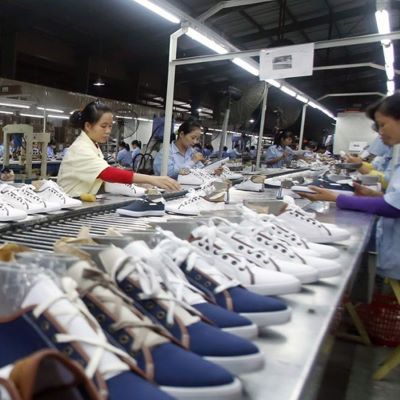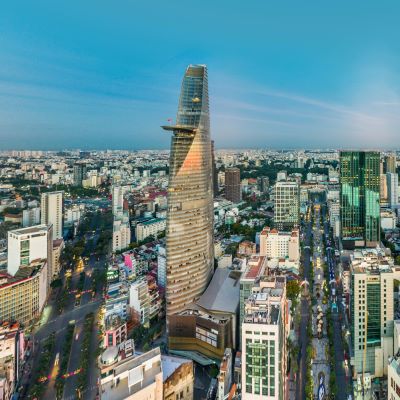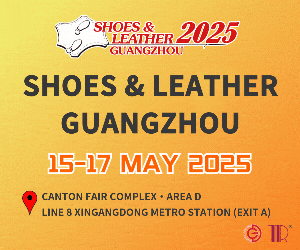Vietnam discusses the creation of a raw materials centre to boost the leather and footwear industry

The creation of a raw material development centre could contribute to the sustainable growth of Vietnam's leather and footwear industry, which is mainly a low-value-added processing industry
The information was discussed at a conference with the Vietnamese trade office system abroad, organised by the Ministry of Industry and Trade (MoIT) at the suggestion of industry associations (vietnamnews.vn).
While the leather and footwear sector has been gradually recovering since the end of 2023 (exports decreased from the previous year’s all-time highs due to reduced consumption in the US and some European markets), it’s necessary to reduce the dependence on imported raw materials in order to promote the sustainable development of the industries.
According to the latest updates from the Vietnamese General Statistics Office, leather and footwear exports reached 17.67 billion US dollars in the first eight months of this year, an increase of around 10% as compared to the same period last year. The sector is now expected to reach a total export value target of 27 billion US dollars for the year.
However, the Ministry of Industry and Trade (MoIT) pointed out that despite the sector’s significant contribution to the country’s total export earnings, the added value of domestic producers remains limited. Mainly a contract manufacturing country, Vietnam is heavily dependent on imports of raw materials from China, South Korea and ASEAN countries
Statistics from the General Department of Customs show that the country spent 13.42 billion US dollars importing raw materials for the textile and footwear industries in the first half of this year, an increase of 14.11% year-on-year.
The creation of a raw materials development centre could therefore help to meet the needs of importing countries, with a focus on sustainable production and social responsibility, which are becoming increasingly important in the context of the global industry.
“The heavy dependence on imported raw materials could negatively affect the overall development of the industry, especially as many countries push for net-zero emissions by 2050 and impose stricter import requirements”, commented Phan Thi Thanh Xuân, deputy president and general secretary of the Vietnamese Leather, Footwear and Handbag Association (Lefaso).
According to the World Footwear 2024 Yearbook, Vietnam has become the world’s second-largest footwear exporter over the past decade, but the global trend towards greening industries is putting pressure on leather and footwear production, which is still considered a polluting sector. “The application of automation, artificial intelligence and green transition is essential if companies want to remain competitive and move up the global value chain”, she concluded.
Image Credits: coronetspa.it



















